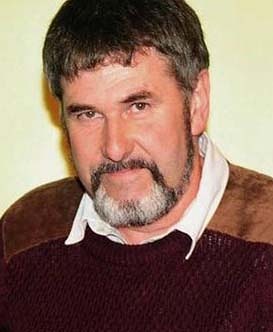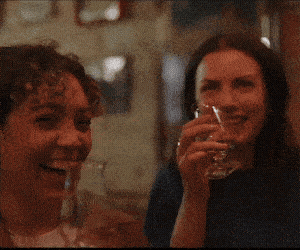
THOMAS Ruttle who was found dead at his home at Booliglass, Askeaton alongside his partner on May 18, was laid to rest this Wednesday amid calls to leave blame and anger behind given the strange and “incomprehensible events that led to his death.”
Reverend Keith Scott made his remarks during the Church of Ireland remembrance service for the 56-year-old farmer and beekeeper whose decomposing body was found beside that of the woman who was subsequently identified as international conwoman Julia McKitterrick.
The 63-year-old woman who was known locally as Julia Holmes went by up to 40 different aliases during her life of fraud and deceit throughout a worldwide set of scams embezzling money and amounting debts.
The pair were found by burglars who thought the roadside farmyard had been abandoned after Ms Holmes was identified as a serial fraudster with over 20 previous convictions for fraud in the US and Northern Ireland.
Despite her wish to be buried with Mr Ruttle in the family plot at St. Mary’s Church of Ireland cemetery, her remains are still at the Limerick city morgue and likely to be cremated later this week.
Although the results of toxicology tests carried out during post mortem are expected to take a further two weeks, Gardaí have said that the pair died from carbon monoxide poisoning some weeks before their remains were found.
Rev Scott told mourners at Wednesday’s remembrance service that their sense of grief was not made any easier because of the strangeness of the events which lead up to Thomas Ruttle’s death.
He said that the circumstances surrounding the tragic discovery two weeks ago was “made all the more intense because of the uncertainty and the long wait that had to be endured by the almost incomprehensible events surrounding Thomas’ death.
“We come too, to lay Thomas to rest, not only to lay his body in this graveyard but to lay him to rest in our hearts and minds.
“There is a sense that somehow we have failed. That somehow there was something we should have said or done, something we missed, or something that we wish we could now take back, that we did or said which we should not have done or said. Hindsight, they say, is 20/20 vision. Afterwards we see clearly, and then comes the blame, contempt and anger, the deep regret for things done or left undone, words said or left unsaid.”
Reverend Scott urged that words unsaid should “remain unsaid” adding that “today is not a day for blame or anger,” and that mourners should “let grief be a grief without bitterness, or blame. Carrying all that was unfinished away from here today will drag us into darkness and become a burden which will hamper us and all that we do for the rest of our lives.”
He added that the congregation was “touched by the awful sadness of Thomas’ death, burdened by grief, regret and the strange, even incomprehensible, and painful nature of the story of the events which eventually led to his death”.
During the service, a spokesperson on behalf of Mr Ruttle’s two sons paid tribute to a loving father who was devoted to his children.
In an address before burial, the congregation heard how Mr Ruttle’s two sons loved visiting their father and going on trips with him.
Before he was laid to rest in the adjoining cemetery, Reverend Scott said that he first came to know Thomas Ruttle when he helped carry out repairs at St Mary’s Church a number of years ago, remarking that the late 56-year-old was good with his hands as well as being a dedicated beekeeper.



